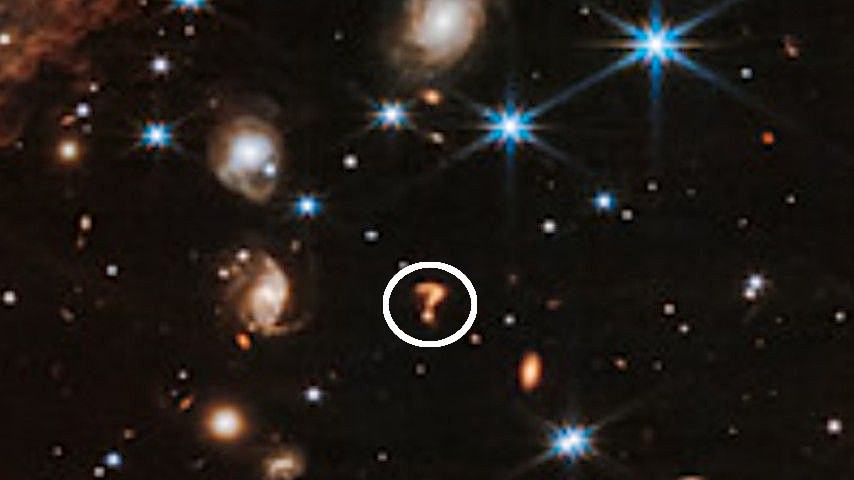What is Unitarian Universalism?
We do not have a specific creed that everyone must adopt before joining BRUU, but we do stand for something. As described in Our Chosen Faith:
We agree that individuals must work out their own religious conclusions. We agree that we will disagree on those conclusions. We agree to respect those differences. We agree to learn from one another through dialogue about our beliefs. We agree on a process and the tools to be used in the prrocess…
…For most of us, our faith did not choose us, we chose it. Born Catholic, Jewish, Protesant, Muslim, or into a secular or “mixed” household, when it came time for us to affiliate with a religious institution we sought one that fit our own way of thinking, not one that imposed its thinking on us…
…We are a people who choose.
———————————————————————————————-
Unitarian Universalism affirms and promotes seven Principles, grounded in the humanistic teachings of the world’s religions. Our spirituality is unbounded, drawing from scripture and science, nature and philosophy, personal experience and ancient tradition as described in our six Sources.
Seven days a week, UUs live their faith by doing. Whether in community with others or as an individual, we know that active, tangible expressions of love, justice, and peace are what make a difference. We aspire to be creators of positive change in people and in the world.
Unitarian Universalist congregations are committed to affirming the worth of each person, the need for justice and compassion, and the right to choose one’s own beliefs. Our congregations and faith communities promote these principles through regular worship, learning and personal growth, shared connection and care, social justice and service, celebration of life’s transitions, and much more.
Our faith tradition is diverse and inclusive. We grew from the union of two radical Christian groups: the Universalists, who organized in 1793 and the Unitarians who organized in 1825. They joined to become the Unitarian Universalist Association (UUA) in 1961. Both groups trace their roots in North America to the early Massachusetts settlers and the Framers of the Constitution.
Across the globe, our legacy reaches back centuries to liberal religious pioneers in England, Poland, and Transylvania. Today, Unitarian Universalists include people of many beliefs who share UU values of peace, love, and understanding.
UU’s excel at dscussing the complex questions regarding how to live, and the meaning of life. Rarely do we setle for simple and easy answers, bcause ethical and moral challenges typically involve nuance and understanding context.
 the Webb telescope has found a feature in space that reflects our approach to explore spiritual and religious questions in depth
the Webb telescope has found a feature in space that reflects our approach to explore spiritual and religious questions in depth
Essay on Unitarian Universalism Belief
“What We Believe”
by Marta Flanagan
Unitarian Universalism is a liberal religion born of the Jewish and Christian traditions. We keep our minds open to the religious questions people have struggled with in all times and places.
We believe that personal experience, conscience, and reason should be the final authorities in religion. In the end religious authority lies not in a book, person, or institution, but in ourselves. We put religious insights to the test of our hearts and minds.
We uphold the free search for truth. We will not be bound by a statement of belief. We do not ask anyone to subscribe to a creed. We say ours is a noncreedal religion. Ours is a free faith.
We believe that religious wisdom is ever changing. Human understanding of life and death, the world and its mysteries, is never final. Revelation is continuous. We celebrate unfolding truths known to teachers, prophets, and sages throughout the ages.
We affirm the worth of all women and men. We believe people should be encouraged to think for themselves. We know people differ in their opinions and lifestyles, and we believe these differences generally should be honored.
We seek to act as a moral force in the world, believing that ethical living is the supreme witness of religion. The here and now and the effects our actions will have on future generations deeply concern us. We know that our relationships with one another, with diverse peoples, races, and nations, should be governed by justice, equity, and compassion.
Reverend Marta Flanagan received her Master of Divinity degree from Harvard Divinity School and was ordained in 1987. She first served as minister in the First Universalist Society in Salem, Massachusetts.
Write Here, Write Now campaigns after worship services facilitate putting ideas and beliefs into action
Essay on Unitarian Universalism Heritage
“The Transformational Heritage of Unitarian Universalism”
by Reverend Jacob ten Hove
UUism has come to embody a rich variety of contemporary religious postures, with a long and inspiring “living tradition” that undergirds a continuing dynamic evolution.
In the first centuries of the Common Era, unitarian and universalist ideas swirled among many others, but were eventually declared heretical. The belief that Jesus was somewhat less divine than God (championed by Arius) or that God provided universal salvation (advanced by Origen) were positions forced underground by collaborating authorities of church and empire.
The Arian notion resurfaced alongside the 16th century Protestant Reformation, when some people began to conclude for themselves that there was no scriptural support for the dominant Trinitarian doctrine. These courageous Arian “anti-trinitarians” gained toeholds in Poland (briefly), and Transylvania (still). Some migrated to Western Europe, facing persecution at almost every turn.
In America, the movement toward a unitarian position emerged gradually and organically, supported by the Puritan inclination to organize around covenant more than creed. The American Unitarian Association was founded in 1825, as the busy harbor of Boston encouraged a growing diversity of religious thought. A formative and articulate group of Transcendentalists embodied American individualism and controversially expanded the boundaries of liberal Christianity, while the boundaries of Unitarianism itself moved westward.
Meanwhile, English seeds of modern Universalist thought hopped the ocean to America, flowering mostly in more rural New England, where a Universalist Convention was founded in 1793. With their vision of a steadily loving God, Universalists offered a genuinely positive alternative to the “fire and brimstone” versions of revivalist Christianity.
Both groups actively participated in 19th century reform movements and established youth organizations as well as international interfaith affiliations. The Humanist movement and innovations in religious education stimulated 20th century efforts, leading to merger in 1961.
Since then, members of the Unitarian Universalist Association have reflected American evolution from a progressive angle, contributing to important social causes and deepening a commitment to our planet as a unified whole. The challenging heritage of early liberal religious pioneers continues to unfold anew, focused by the inclusion of “all souls” in exploration of diverse religious paths.
Reverend Jacob ten Hove was ordained in 1988, a graduate of Starr King School for Ministry in Berkeley, CA. He shares a co-ministry with his spouse Barbara at Paint Branch Unitarian Universalist Church in Adelphi, MD.




